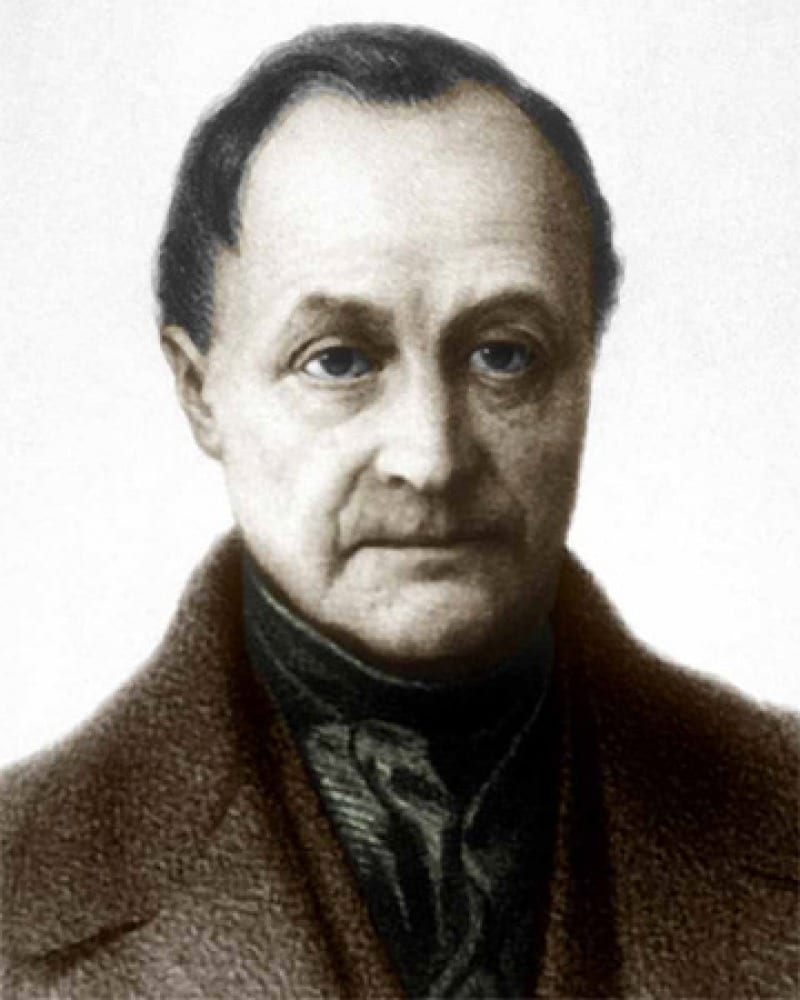case an alternative meaning for the word has become primary.
 The greeks found philosophy circa 500 BC using the word ἐπιστήμη/episteme (Greek) defined:
The greeks found philosophy circa 500 BC using the word ἐπιστήμη/episteme (Greek) defined:
- Knowledge. (any justified true belief).
- (1) logically includes the body of empirically verified knowledge and a separate definition is not needed.
The Renaissance adds a secondary meaning in academia circa 1500 BC) defining scientia (Latin) as:
- Knowledge. (any justified true belief).
- The body of empirically verified knowledge.
Today the effort and focus is on gaining useful knowledge (called τέχνη in ancient Greece) and we understand science to mean:
- The body of empirically verified knowledge.
- Reason itself is being proposed as a synonym to science (Richard Dawkins Foundation for Reason & Science)
Sounds like a word hijacking to me. The same is currently happening with the word ‘reason’. For this ‘reason’, on this blog I will use the terms “classical science” to describe knowledge in general and “empirical method of science” to describe what most of us know as ‘science’.
| Do you think Aquinas means empirical science above? |
Now you ask why is this important? It is important because it is simply not true that all knowledge comes through one formulation or another of “the empirical method of science”. Those that claim it does contradict themselves because they have not come to that insight by the very means they propose.
Science (from Latin scientia, meaning “knowledge”[1]) is a systematic enterprise that builds and organizes knowledge in the form of testable explanations and predictions about the universe.[2][3] In an older and closely related meaning, “science” also refers to a body of knowledge itself, of the type that can be rationally explained and reliably applied. Since classical antiquity, science as a type of knowledge has been closely linked to philosophy. In the early modern period the words “science” and “philosophy” were sometimes used interchangeably.[4] By the 17th century, natural philosophy (which is today called “natural science“) was considered a separate branch of philosophy.[5] However, “science” continued to be used in a broad sense denoting reliable knowledge about a topic, in the same way it is still used in modern terms such as library science or political science.
